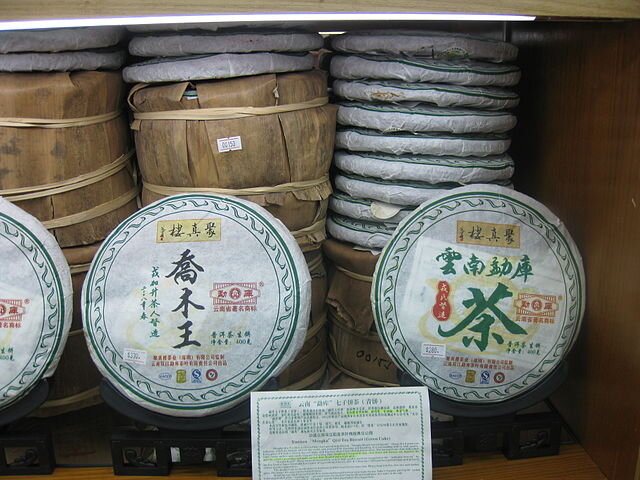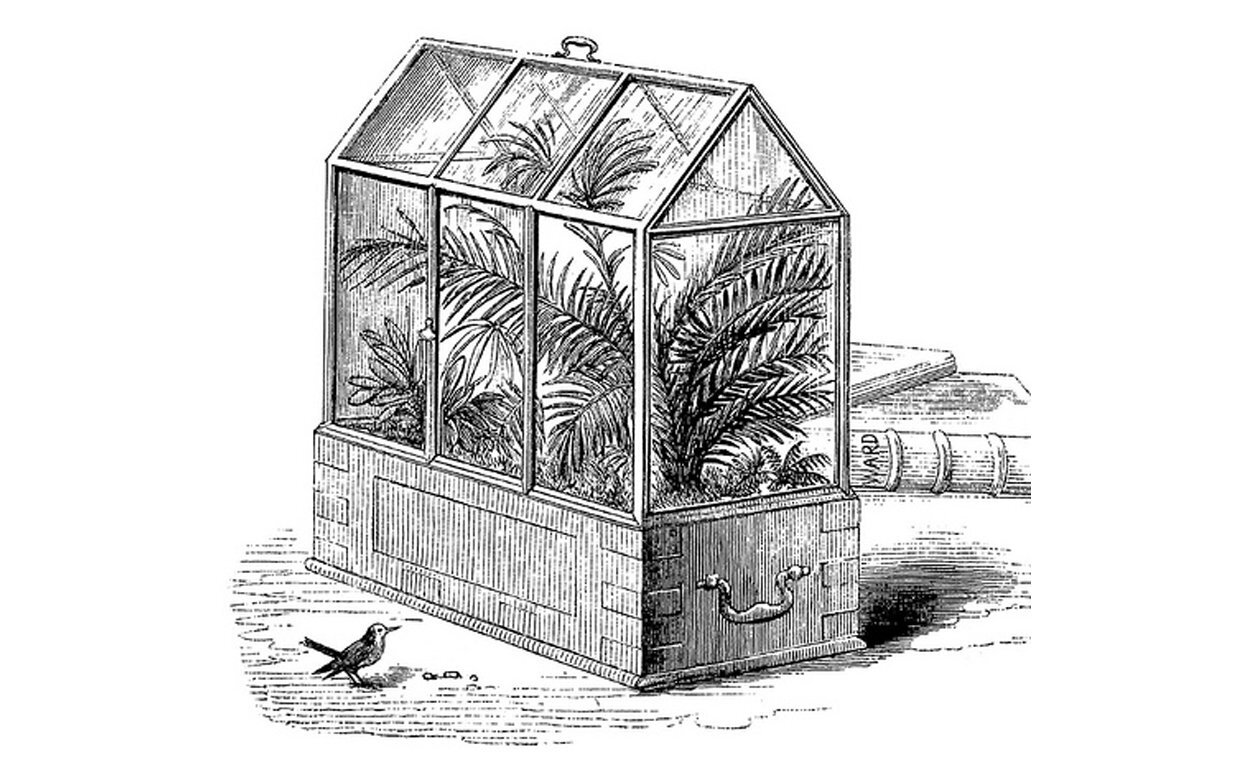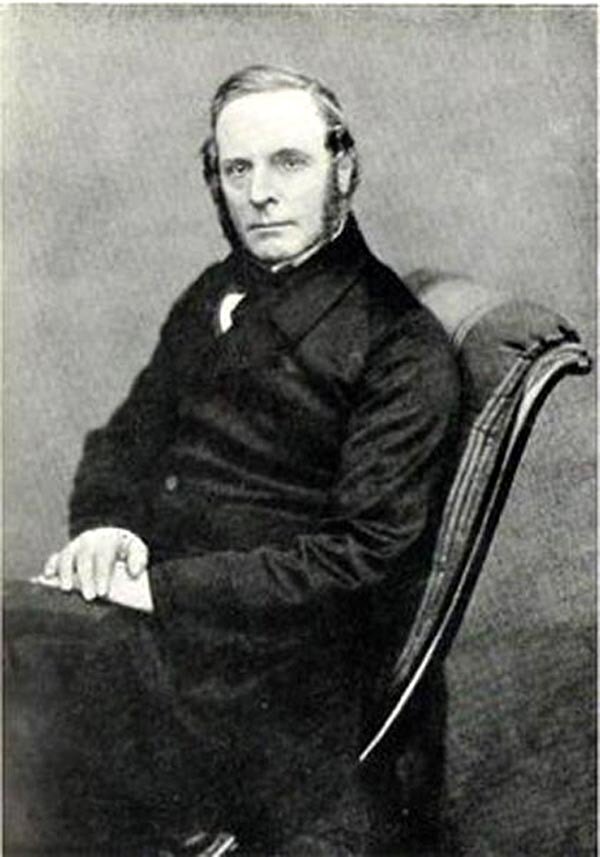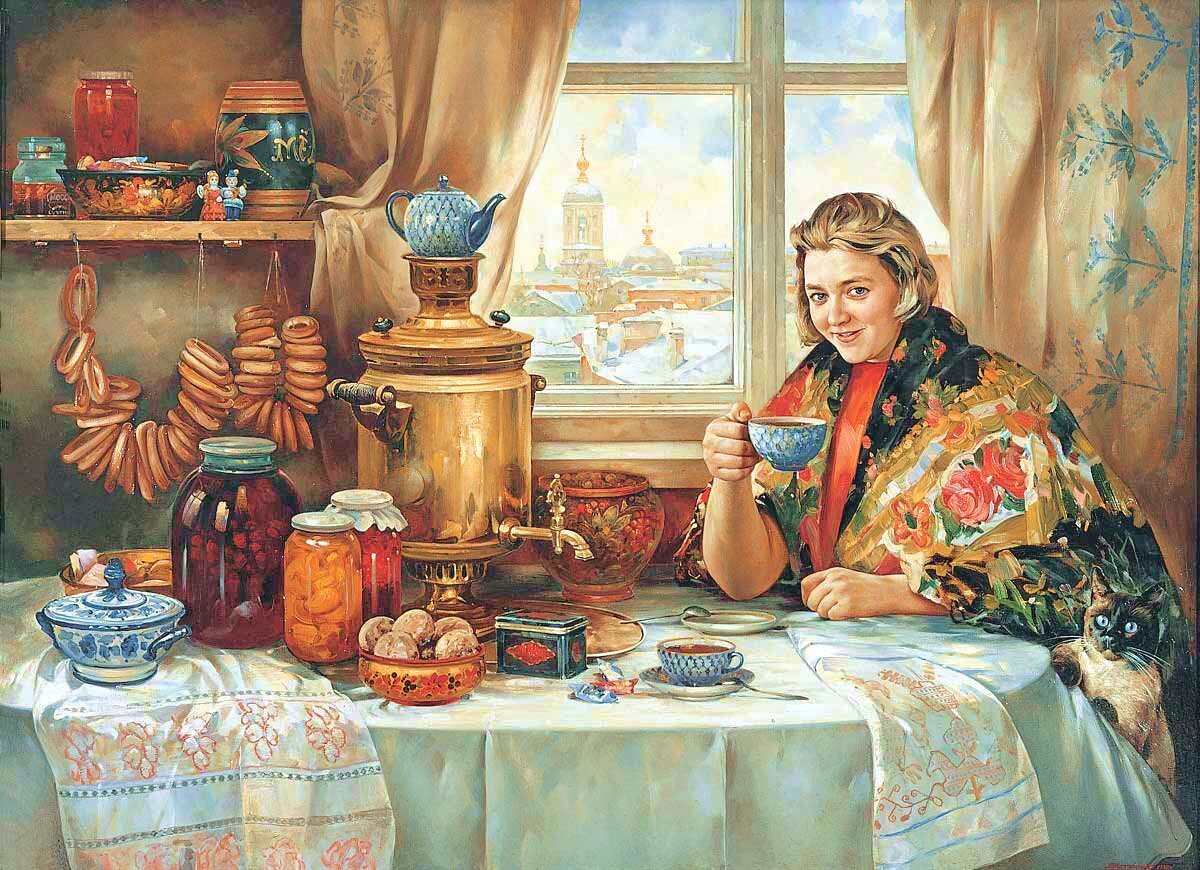Ep. 15 | A Fortune for the East India Company
The mid 19th Century brought a sea change to the tea industry. Demand continued to grow all over Europe. China's artisanal tea growers and the general unreliability of the China market due to all the well-known political and social disasters happening in China raise concerns. The idea to make a go at growing tea in India is seriously discussed.
We also meet Charles Bruce, the Father of India's Tea Industry. The botanist, horticulturist, and man of adventure Robert Fortune is also introduced. We close the episode with the exploits of Fortune's first China trip and his discovery that green and black teas both come from the exact same species of plant, Camellia Sinensis. The famous Guangcai porcelain of Guangzhou (Canton) is also briefly explained.
Listen On Your Favorite Podcast Player
Terms in Episode
| Pinyin/Term | Chinese | English/Meaning |
|---|---|---|
| Shén Nóng | 神农 | Mythical Chinese ruler from pre-history. Known by many names. |
| Qīng dynasty | 清朝 | China's final imperial dynasty. Ran from 1644-1911 |
| yuántóu | 源头 | fountainhead, source, headwater |
| Ānhuī | 安徽 | Province in Central China west of Zhejiang |
| Zhèjiāng | 浙江 | Coastal province in China, and a rich one at that |
| Fújiàn | 福建 | Another oastal province in China, south of Zhejiang |
| Jiāqìng emperor | 嘉庆帝 | Qing Emperor from 1796-1820 |
| Dàoguāng | 道光帝 | Qing Emperor from 1821-1850 |
| Xiánfēng | 咸丰帝 | Qing Emperor from 1851-1861 |
| Guǎngdōng | 广东 | Coastal province in southern China |
| Guāngcǎi | 光彩 | Means lustre, splendour, radiance. A kind of porcelain ware famous in the Guangzhou area for its designs |
| Wǔyí Mountains | 武夷山 | Mountains in northern Fujian famous for Buddhist Temples and tea |
| Treaty of Nánjīng | 南京条约 | Treaty signed in August 1842 that ended the First Opium War. |
| Lín Zéxú | 林则徐 | Qing era official and Viceroy who lived 1785-1850. Considered a national hero for standing up to the Western powers in the 1830's |
| Yángzǐ | 扬子江 | The Yangtze River, longest river in China |
| Níngbō | 宁波 | Major city just south of Shanghai. An economic powerhouse loaded with history |


























The tea trade transforms into an entire industry and becomes the most important traded commodity of the British East India Company